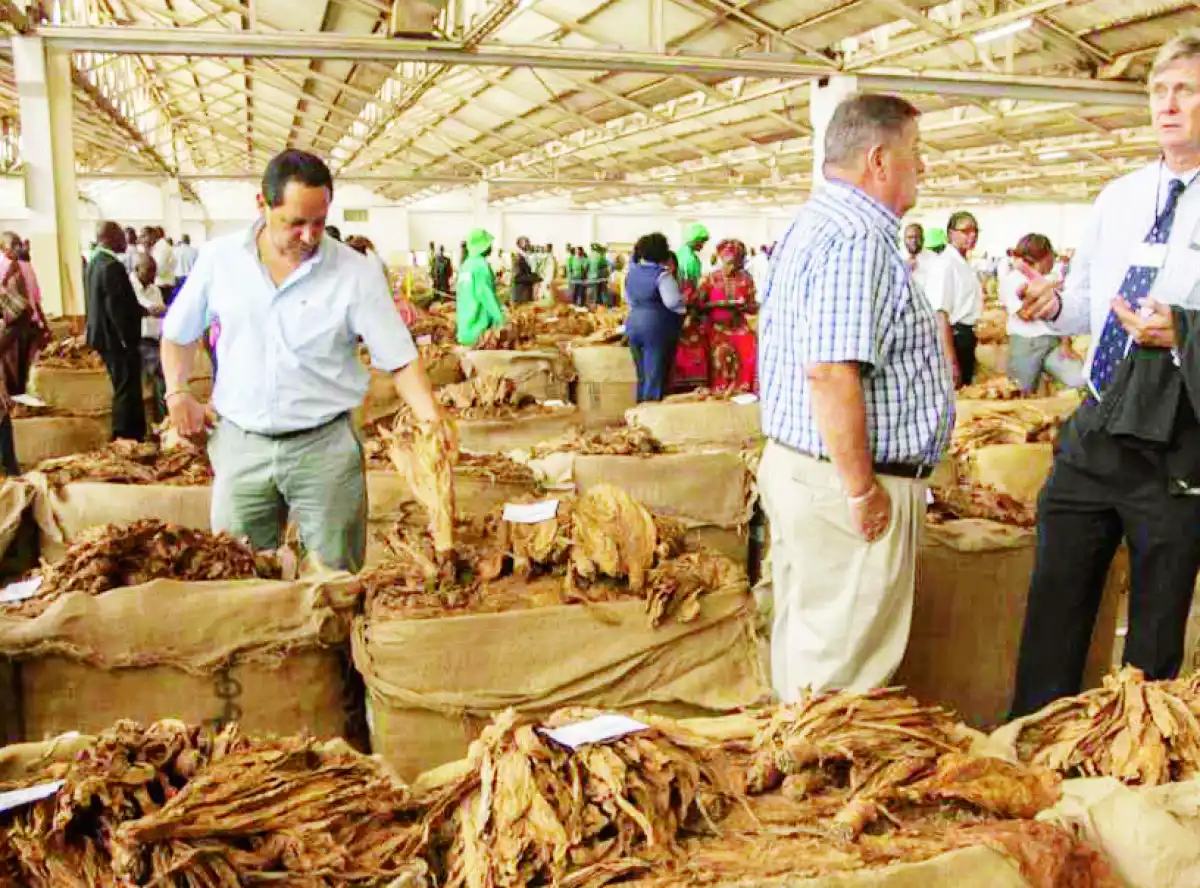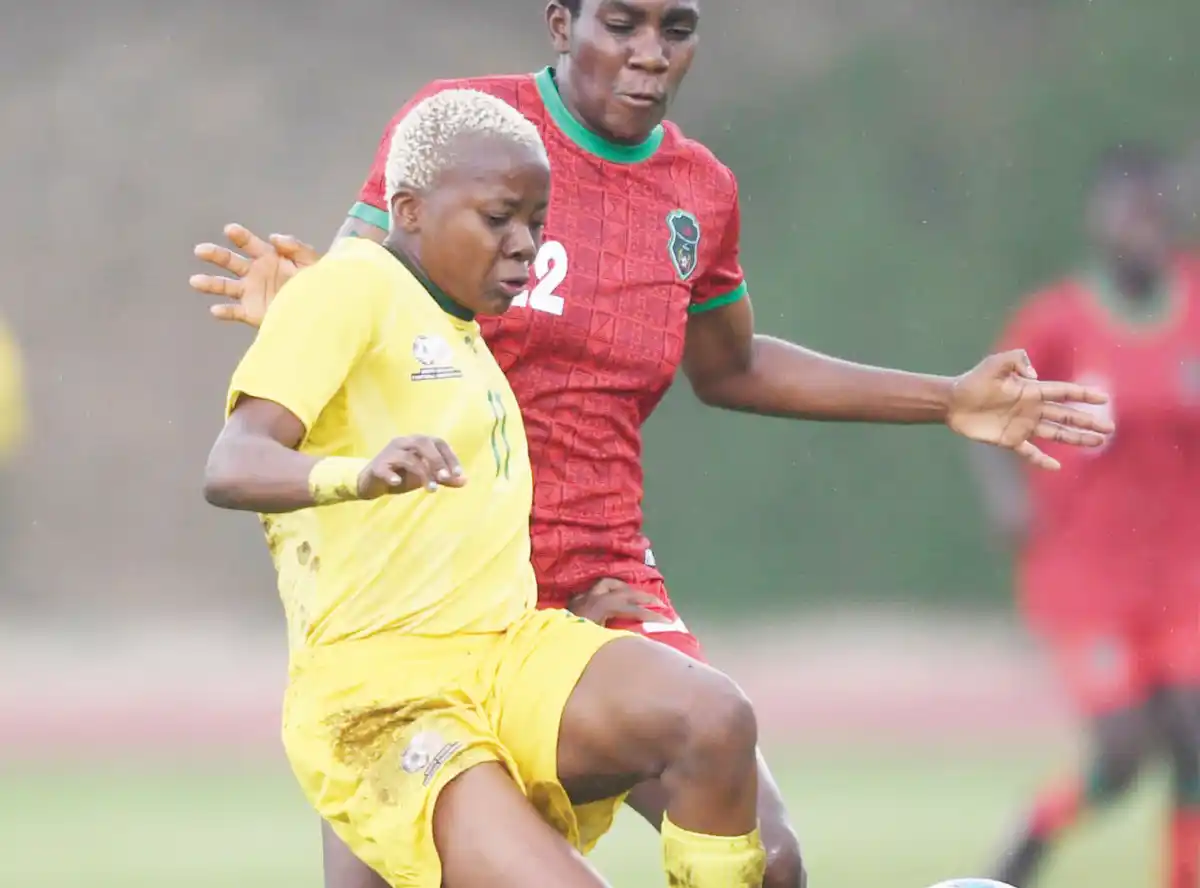
 The tragic death of UTM leader and former vice president Saulos Chilima in a plane crash on June 10, 2024 dealt a devastating blow to the party, of which he had long been the face.
The tragic death of UTM leader and former vice president Saulos Chilima in a plane crash on June 10, 2024 dealt a devastating blow to the party, of which he had long been the face.
His passing created an irreversible leadership vacuum, one that has, in recent months, intensified UTM’s struggle to maintain its identity and political relevance.
Chilima was not only the founding leader of UTM but also the embodiment of its aspirations for change. His leadership was pivotal to UTM’s rise as a powerful political force in Malawi.
The party’s fortunes, however, were deeply tied to his personal charisma and vision. His departure exposed significant fractures within the party.
In the wake of Chilima’s death, UTM faced the twin challenges of mourning its leader and confronting the urgent need to rebuild.
The party’s leadership structure, long reliant on Chilima’s personal appeal, lacked a clear successor who could command the same level of influence and trust.
While UTM had competent members, none emerged as a figurehead capable of rallying supporters around a cohesive message.
Amid the chaos within UTM, a strategic decision was made within the former governing Democratic Progressive Party (DPP) to capitalise on the turmoil and work towards bringing the party back into its fold. This move was executed with precision.
Fresh from his DPP active membership, former governor of the Reserve Bank of Malawi, Dalitso Kabambe, expressed interest in joining UTM.
Those with a keen political sense quickly realised that his aim was to steer the party back to its origins within the DPP.
Some believe that welcoming Kabambe without critical scrutiny reflects the party’s internal political naivety and a missed opportunity for introspection.
Instead, UTM’s leadership, including figures like Patricia Kaliati, embraced him with misplaced optimism, assuming he was joining out of genuine support for the party.
This decision, driven by ignorance and perhaps desperation for high-profile support, has only compounded UTM’s leadership and identity challenges.
A more thorough evaluation of Kabambe’s past political ambitions and possible intentions might have revealed contradictions with UTM’s core values.
However, Kaliati and others seemed blinded by the prospect of having such a high-profile figure on their side.
The harsh reality is that assuming Kabambe’s decision to join UTM was motivated purely by a desire to support the party’s vision was naïve and short-sighted.
While he may attempt to align himself with UTM’s ideals, Kabambe is better known for his affiliation with DPP and likely took advantage of a leadership vacuum in UTM.
Would Kabambe have joined UTM if Chilima had been alive? The answer is almost certainly no.
However, it is important to acknowledge that for a party grappling with a leadership vacuum, Kabambe’s entry initially appeared to offer a potential lifeline.
Yet it seems UTM’s leadership did not foresee that he would ultimately take control.
Kabambe, a seasoned technocrat, may have had valuable financial and political connections that could have benefited UTM. Still, his strong alignment with DPP should have raised concerns.
Perhaps this was all part of a larger plan and Kaliati and others were fully aware of how things would unfold. Maybe it was a script they had written together, anticipating the current situation.
For some members, especially those active on social media, the leadership’s failure to critically reflect and analyse the situation suggests that UTM is more focused on maintaining power and relevance than safeguarding its principles.
In this case, maintaining power might even mean aligning with DPP, as staunch UTM members are unlikely to realign with the Malawi Congress Party, which reneged on its promises and sought to dominate the government landscape.
It appears the party, already struggling to define its identity after Chilima’s death, was willing to accept anyone with a strong political profile.
UTM’s leadership, in the aftermath of Chilima’s passing, should have focused on strengthening its values and rebuilding its grassroots structures rather than seeking high-profile figures whose ideologies and past may not align with the party’s original ethos.
This situation highlights the party’s vulnerability to opportunism and its failure to properly address its identity crisis.
Once hailed as a beacon of change and a departure from Malawi’s political status quo, UTM now finds itself circling back to its old adversary, the DPP—a lesser evil, perhaps.
The party has, in effect, been sold to the highest bidder, with its once influential leaders relegated to the margins.
Even Kabambe’s claims that UTM will go it alone in the 2025 elections ring hollow.
His statements appear politically disingenuous, as the reality suggests that UTM will remain firmly under the shadow of DPP.








0 Comments